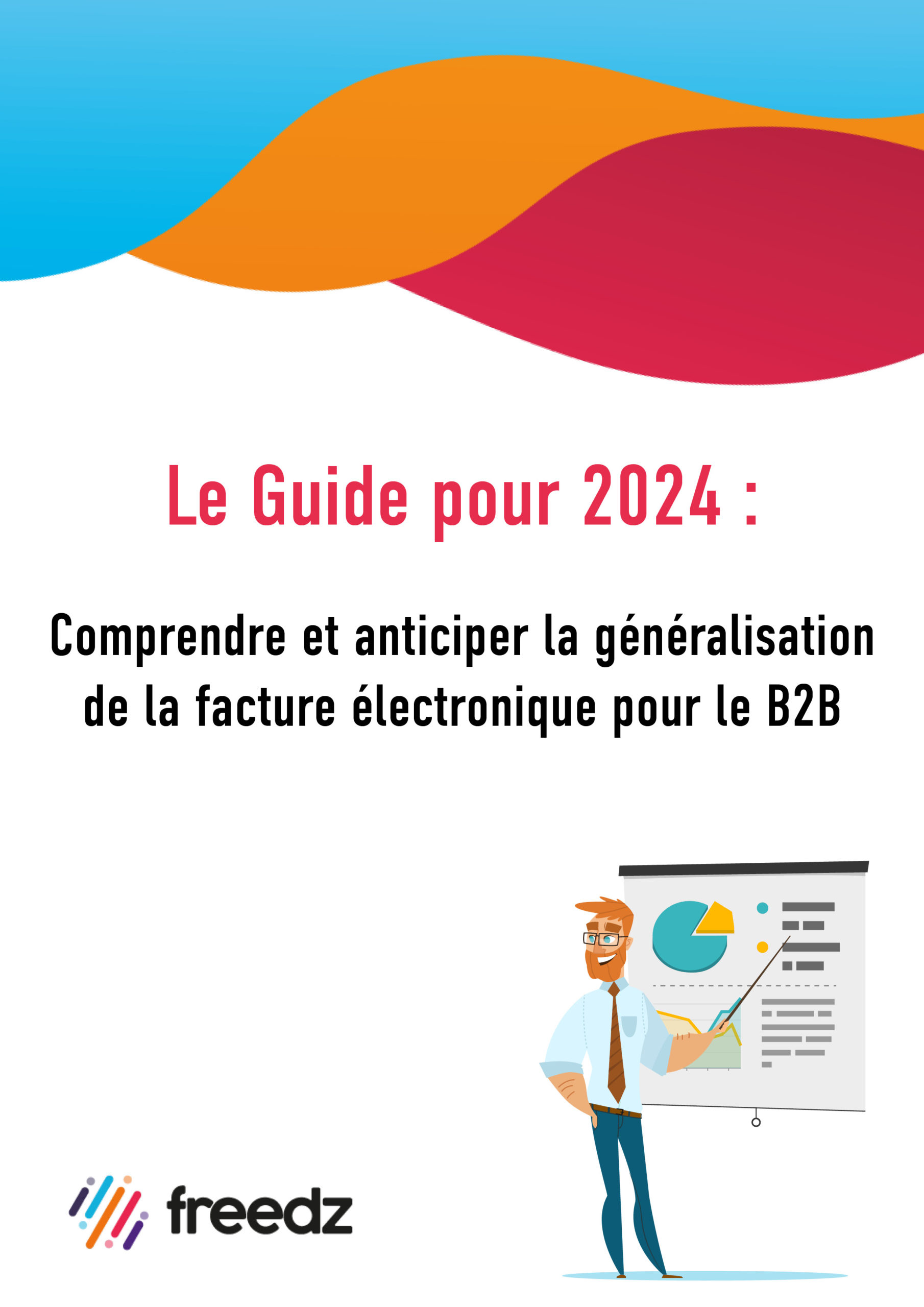How can pre-accounting help you optimize your financial management?
Keeping accounts is not only a legal requirement, but also a necessity for efficient, long-term financial management. It is through this discipline that cash flows are recorded, analyzed and interpreted, providing a clear vision of the company's financial health. But before delegating the task to a chartered accountant or using dedicated software, there's a preliminary stage designed to "premaster" the accounting work: pre-accounting. This involves gathering, classifying and recording basic financial information in an orderly fashion, before it is processed in the official accounting books. Steps to follow, benefits, the role of dematerialization... Find out in our article how pre-accounting can help you optimize your financial management by enabling better control of financial flows, more in-depth analysis and informed decision-making.
Pre-accounting: role and steps to follow
What is the purpose of pre-accounting?
Pre-accounting covers all preparatory activities prior to the involvement of a chartered accountant or the use of accounting software, for example.
Pre-accounting requires a certain amount of routine, since it requires regular tracing of transactions and receipts.
The parallel could be drawn with tidying up a bedroom (grouping together books, clothes and similar items). Initial preparation makes it easier to find specific items in the future, whether it's a book in one case or bank statements in the other.
How do I do pre-accounting?
To optimize your pre-accounting management, there are a number of steps to follow:
- Collect accounting documents: customer and supplier invoices, expense receipts (e.g. expense claims), bank transaction statements, purchase orders, sales contracts... All relevant documents need to be gathered in one place. They form the basis of your accounting, so don't hesitate to check their presence, the accuracy of their data and their validity. You'll need to rectify any inconsistencies or errors;
- Tallying the accounts: also known as bank reconciliation, tallying simply involves checking that the transactions recorded in the accounts correspond to the bank statements;
- Recording and categorizing transactions : this involves entering all financial operations into a pre-accounting system (expenses, income, payments, sales, purchases, bank deposits, etc.) and classifying them into appropriate categories;
- Prepare and validate payments : this stage involves preparing supplier invoice payments: making sure that the amounts are correct and that the purpose of the payment corresponds to a purchase or service, checking payment deadlines to avoid late payment interest, etc;
- Accounting allocation : this is the process of classifying a transaction in the appropriate category of the company's accounting accounts. Accounting allocation involves associating a financial transaction with a specific account in the company's chart of accounts;
- Update accounting journals : purchase journal, sales journal, cash journal, etc. Each transaction recorded in the accounting journals must be accompanied by details such as the date, nature of the transaction, amount, accounts involved, etc.
- Export your accounting data : for this final step, you need to export all your data for processing by the accounting software to produce a balance sheet and income statement. This step should enable the software to analyze your accounts more accurately, or allow your accountant to consult the information.
Pre-accounting: what's in it for your company?
The transformation of accounting with the rise of dedicated digital tools has highlighted the important role of pre-accounting. It is now easier to collect, process and organize financial data more efficiently. Pre-accounting enables companies to better control their finances by quickly identifying trends, anomalies and opportunities.
Helping managers make decisions
By recording your transactions as they occur, you can monitor your company's financial operations and available cash flow over the course of the year in real time. This makes it easier to anticipate cash flows and adjust accordingly. It also makes it easier to draw up budgets and predict expenditure, while helping decision-makers with their cost accounting. This enables them to allocate resources optimally, identify growth opportunities, anticipate risks and draw up strategic action plans to achieve corporate objectives.
Guarantee the accuracy and reliability of financial information
Pre-accounting requires accounting departments to keep accurate records of financial transactions. Not only is this useful - and, above all, essential - for the preparation of audits and financial reviews, but it will also save time for the accountant, who can concentrate on more technical tasks such as in-depth data analysis, managing tax returns and providing strategic advice.
Accelerate the automation of accounting processes
In a move to automate the accounting process, pre-accounting provides organized, reliable data that can be easily integrated into accounting software, for example. Manual data entry is eliminated, and errors linked to human intervention on accounting records are limited.
How does Freedz fit into the pre-accounting equation?
As a platform for dematerializing supplier and customer invoices, Freedz centralizes in one place data that is essential for pre-accounting, providing detailed documentation of a company's financial transactions.
In addition, the widespread introduction of electronic invoicing will see our platform evolve. By facilitating the exchange of electronic invoices between customers and their suppliers, our approach is perfectly aligned with the French government's expectations for future Partner Dematerialization Platforms (PDP). From now on, it will be even simpler to carry out pre-accounting from Freedz, since the process of receiving, processing and recording invoices will be automated.
Find out more about our platform, request your demo !
Automating the sending of invoices on Chorus Pro: the first steps towards widespread electronic invoicing
Since 2020, any company dealing with a public entity must submit its invoices on the Chorus Pro platform. This obligation stems from law no. 2014-1545 of December 20, 2014 on simplifying business life and concerns all...
Acknowledged invoice: definition, legal value and status
An optional means of proof of payment, the acquittée invoice may be requested in the context of commercial relations or for the payment of grants or subsidies. It is an accounting document that serves as proof of receipt of payment by a supplier...
Freedz & Aareon partnership
Automate the processing of your invoices by dematerializing their collection and issue thanks to the Freedz platform and its automatic integration into Aareon's PIH or PRH software packages.Aareon, European leader in information systems and digital solutions...
Our most popular free resources:

White paper: the essentials for a successful digital transformation of your accounts payable
This white paper provides answers to the main questions you may have when making the transition to electronic invoicing, as well as the points to watch out for in order to successfully complete your project.

The Guide to 2024: everything you need to know about the widespread use of electronic invoicing
This guide contains all the information you need to understand the new legislation and to anticipate this change.

Case Study: Improve Accounts Payable Efficiency While Maintaining Control
In order to improve its supplier relations and enhance the value of its employees' missions within the accounting department, Halpades has chosen to completely dematerialise its supplier invoices thanks to Freedz.






